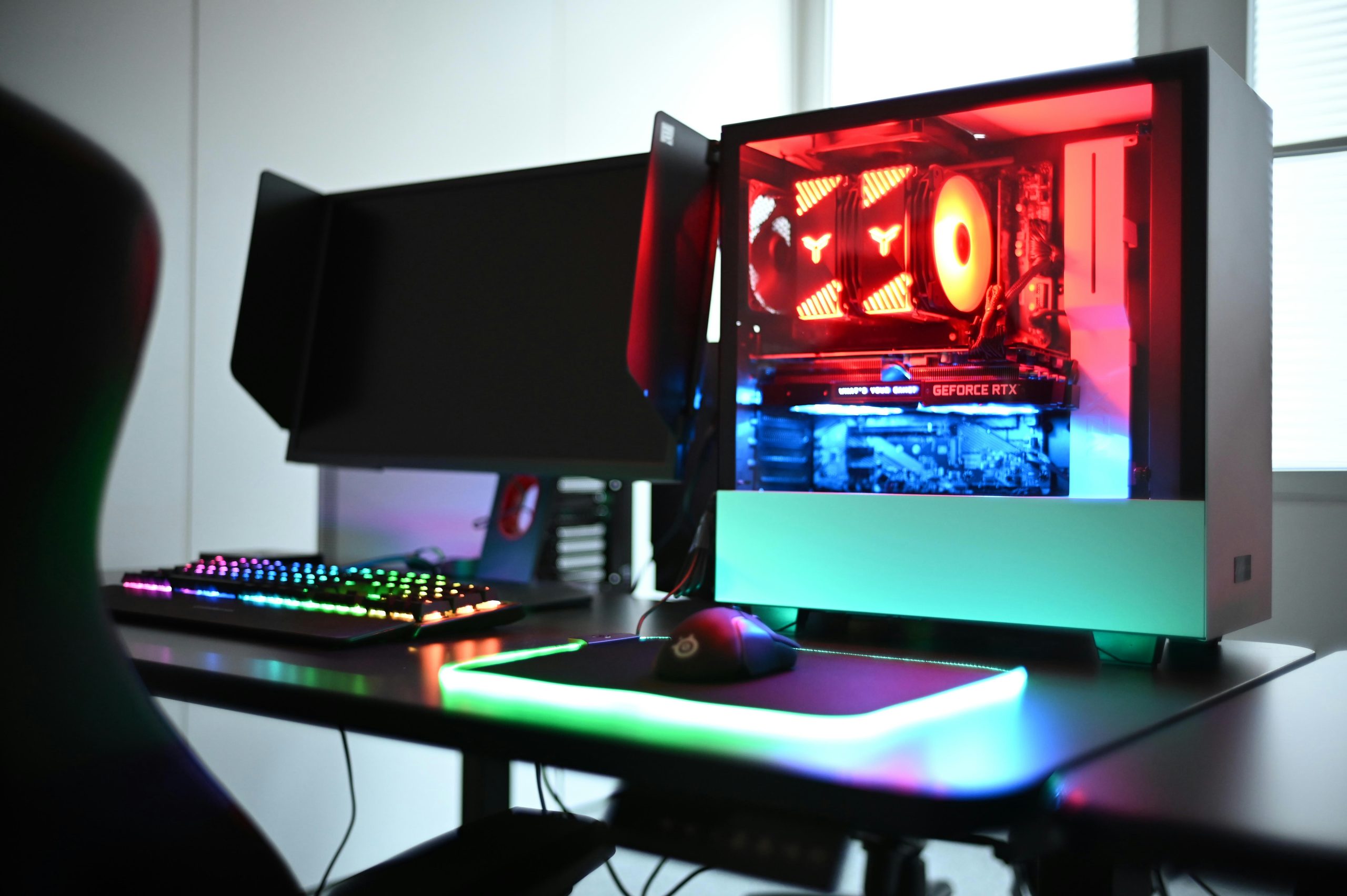As the gaming landscape continues to evolve, so too do the tools we use to interact with our favorite titles. Game controllers have come a long way since their inception, transforming from simple input devices to sophisticated tools designed for a more engaging and versatile gaming experience. The future of game controllers promises exciting innovations that aim to enhance user experience, improve accessibility, and incorporate advanced technologies. Here’s a look at what we can expect in the coming years.
1. Increased Customization
One of the most significant trends in game controllers is the push towards increased customization. Gamers have unique preferences in how they play, and future controllers will likely offer more options for tailoring their experience. This could include adjustable button layouts, customizable grips, and programmable macros that allow players to set commands for specific actions. Some controllers may even feature interchangeable components, enabling users to modify their devices to suit different games or playstyles.
2. Enhanced Haptic Feedback
Haptic feedback technology has already begun to revolutionize how we experience games, but there’s still room for growth. Future controllers are expected to feature advanced haptic feedback systems that provide more nuanced sensations, allowing players to feel a greater range of tactile responses. This technology could simulate various in-game actions, such as the rumble of an engine, the tension of a bowstring, or the subtle movements of a character, creating a more nuanced gaming experience that goes beyond simple vibrations.
3. Adaptive Trigger Mechanisms
Adaptive triggers have started to gain traction, particularly in next-generation consoles, but their potential has only begun to be explored. These triggers can adjust resistance based on in-game actions, giving players a more tactile connection to their gameplay. For instance, pulling the trigger to accelerate a vehicle might feel different. As this technology advances, we may see even more innovative uses, allowing for deeper gameplay mechanics and a heightened sense of realism.
4. Wireless Connectivity and Battery Life
The trend towards wireless controllers is likely to continue, with future devices offering even more robust connectivity options. Expect to see improvements in battery life, ensuring that players can enjoy extended gaming sessions without worrying about recharging. Future controllers may incorporate energy-efficient technologies or quick-charging features that allow for longer playtime and faster recovery.
5. Cross-Platform Compatibility
As gaming ecosystems become more interconnected, the demand for cross-platform compatibility will grow. Future game controllers may be designed to work seamlessly across multiple devices, including consoles, PCs, and mobile platforms. This versatility would allow gamers to use a single controller for various gaming experiences, enhancing convenience and reducing the need for multiple devices.
6. Integration of Voice and Gesture Controls
Voice commands and gesture controls are likely to become increasingly common in future gaming controllers. By incorporating voice recognition technology, players could issue commands or navigate menus without needing to use buttons. Gesture controls could also enhance gameplay, allowing users to perform actions simply by moving the controller in specific ways. These features would not only add convenience but also create new ways to interact with games.
7. Focus on Accessibility
The gaming industry has made strides in recent years towards inclusivity, and future controllers are expected to continue this trend. More designs will emerge that cater specifically to gamers with disabilities, including customizable layouts, one-handed configurations, and adaptive technologies. This focus on accessibility will ensure that more players can enjoy gaming, regardless of their physical abilities.
8. Virtual Reality and Augmented Reality Integration
As virtual reality (VR) and augmented reality (AR) gaming continue to expand, game controllers will need to adapt to these best experiences. Future controllers may incorporate motion tracking and spatial awareness capabilities to enhance gameplay in these environments. Expect to see devices that can detect hand movements and gestures, allowing for a more natural interaction within virtual worlds.
Conclusion
The future of game controllers is set to be defined by enhanced customization, advanced haptic feedback, and greater integration with emerging technologies. As gaming continues to evolve, these devices will play a crucial role in shaping how players engage with their favorite titles. With a focus on accessibility, cross-platform compatibility, and innovative control methods, future game controllers are poised to elevate the gaming experience to new heights, ensuring that players can connect with their games in ways previously thought impossible.



